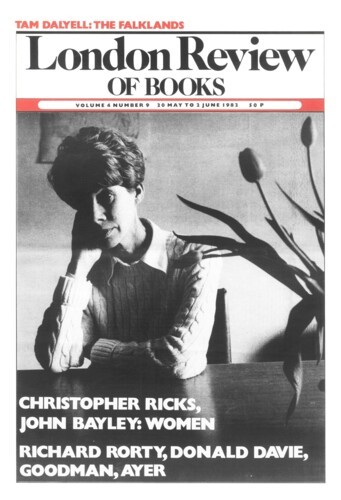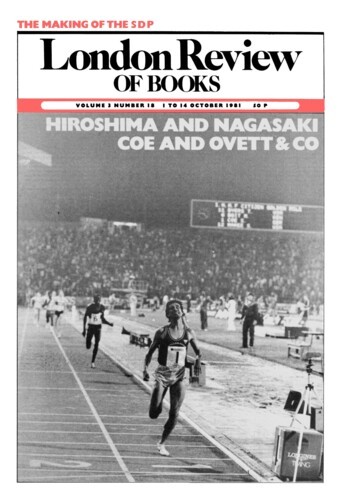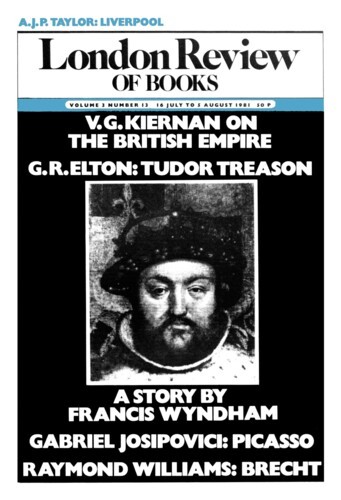Members’ Memorial
G.R. Elton, 20 May 1982
Has there ever been a theme as much studied by English historians as the history of Parliament? At one time, indeed, it seemed almost to stand in for the history of the country itself: history equalled politics, and politics equalled Parliament. Stubbs structured the 14th and 15th centuries around what were, after all, intermittent and occasional meetings of this supposedly representative body; the Tudor century received blame for not having a true parliament, one worthy of the name, since the monarchs were supposedly allowed to do as they pleased with it; the origins, history and consequences of the Great Rebellion were seen to revolve around Parliament; and after 1660 everything became Parliament and parties, leading on to the zenith of their history in the 19th century. If this was whig history it affected tories in quite the same way. The layman may well wonder why work should still be done on the history of Parliament, that olive whose oil has surely long since been pressed from its desiccated flesh.



